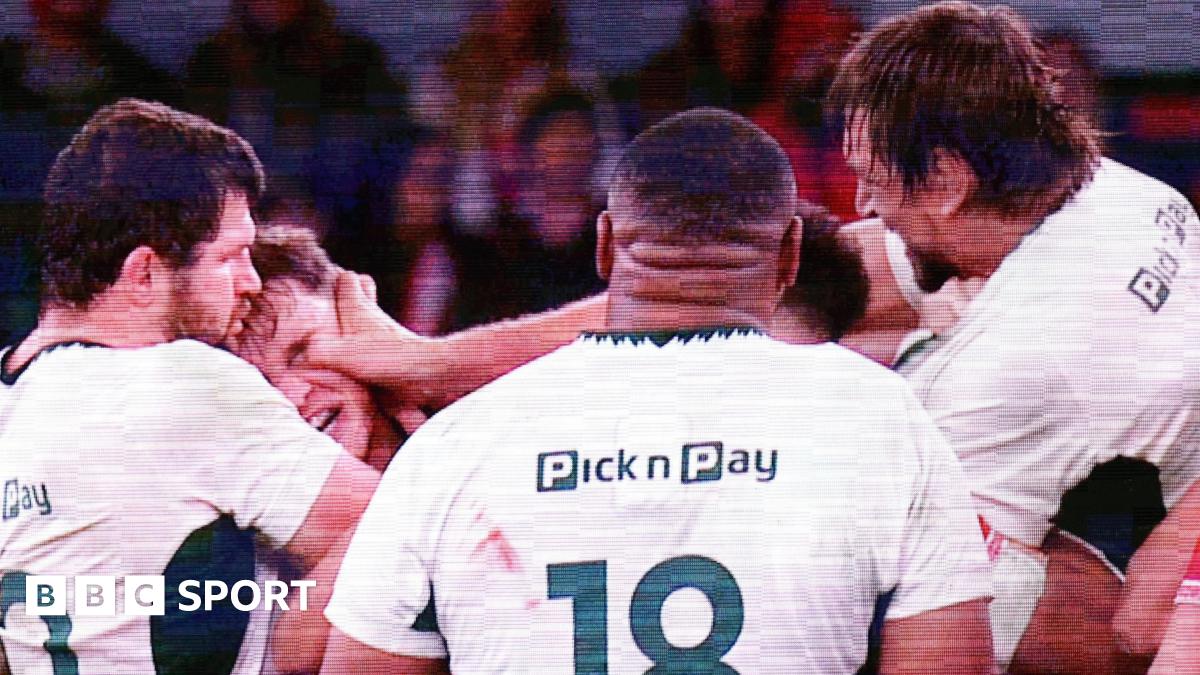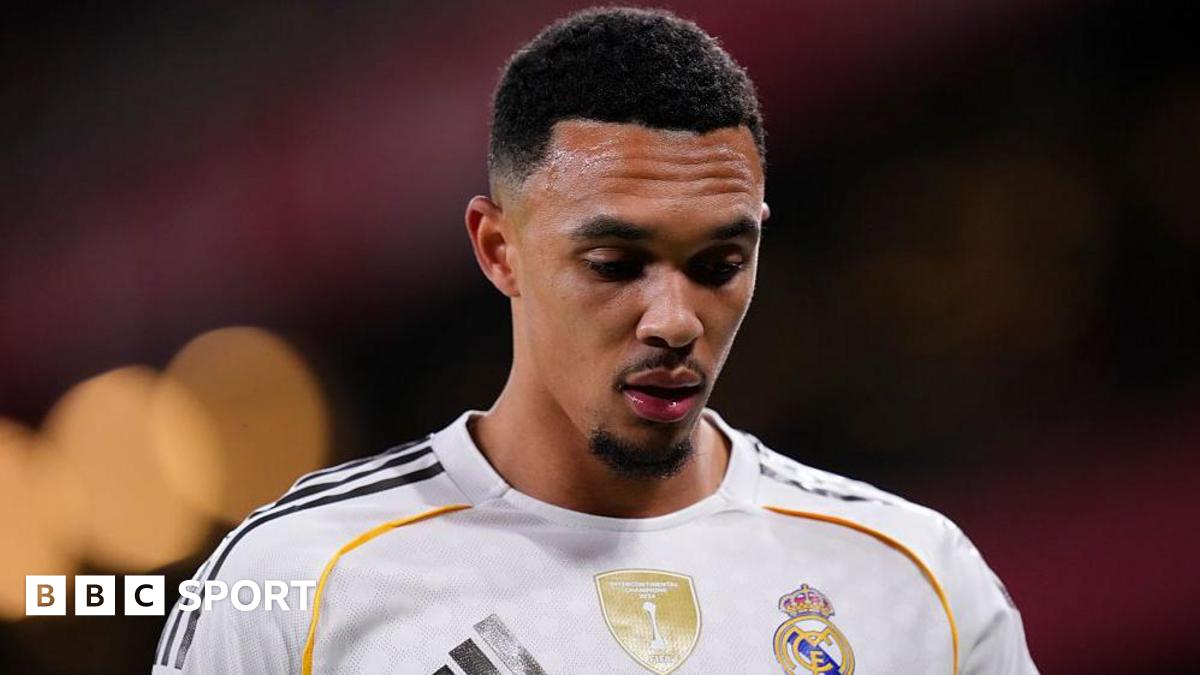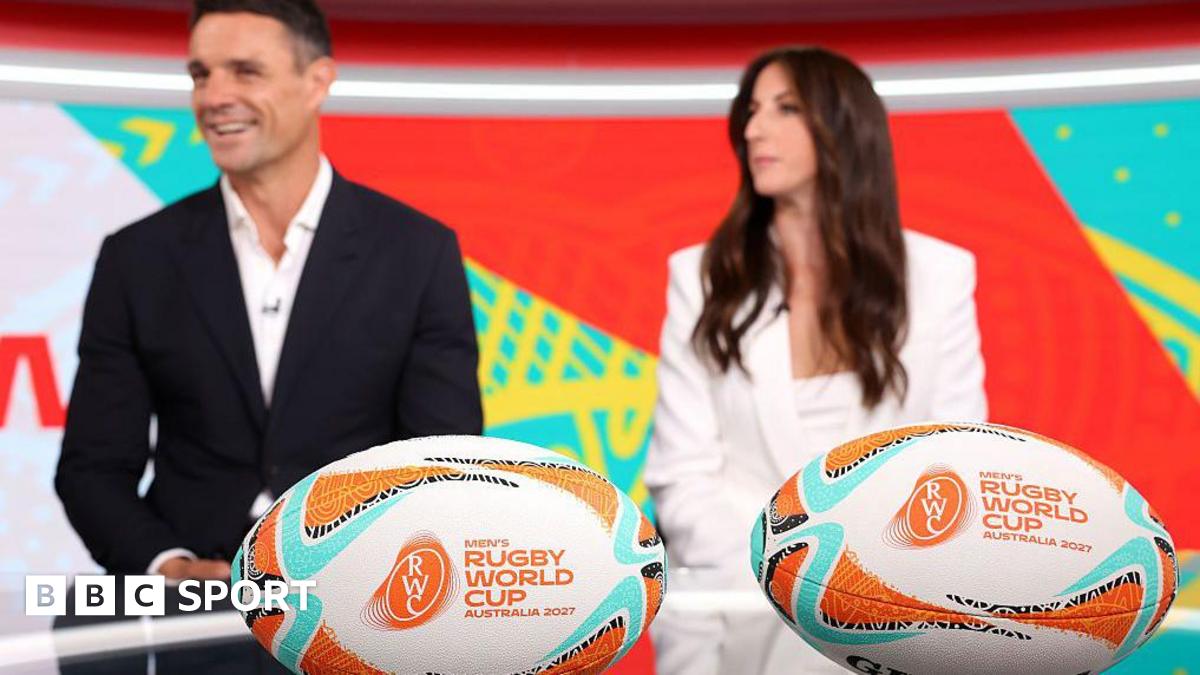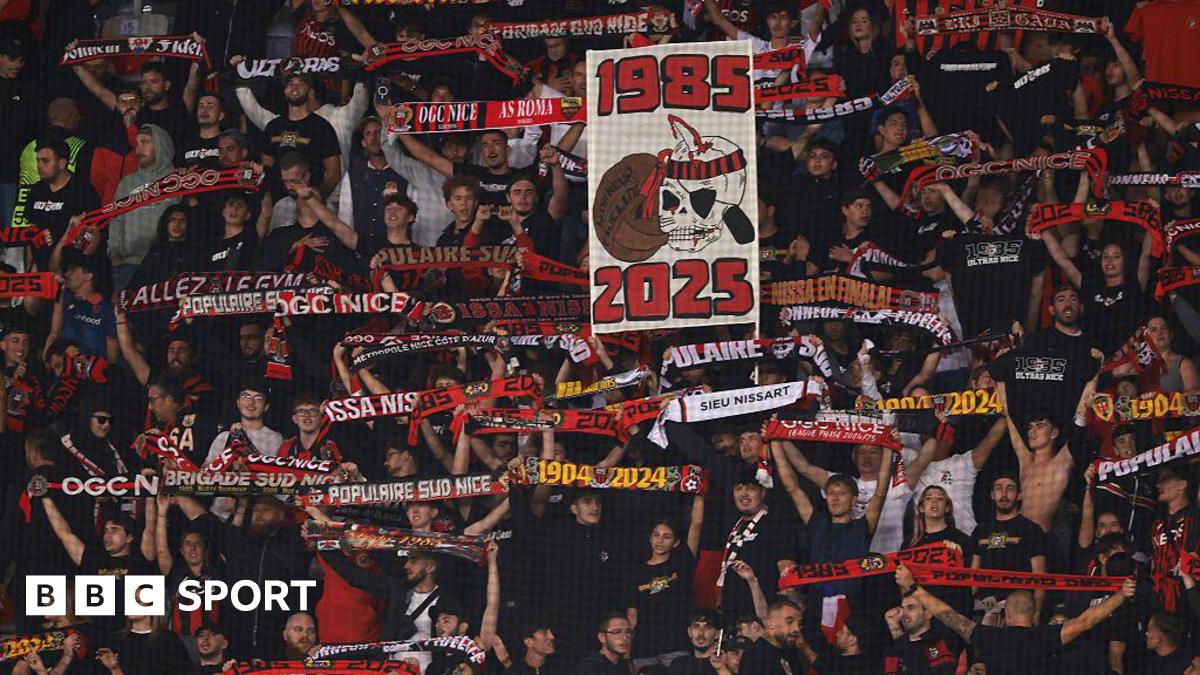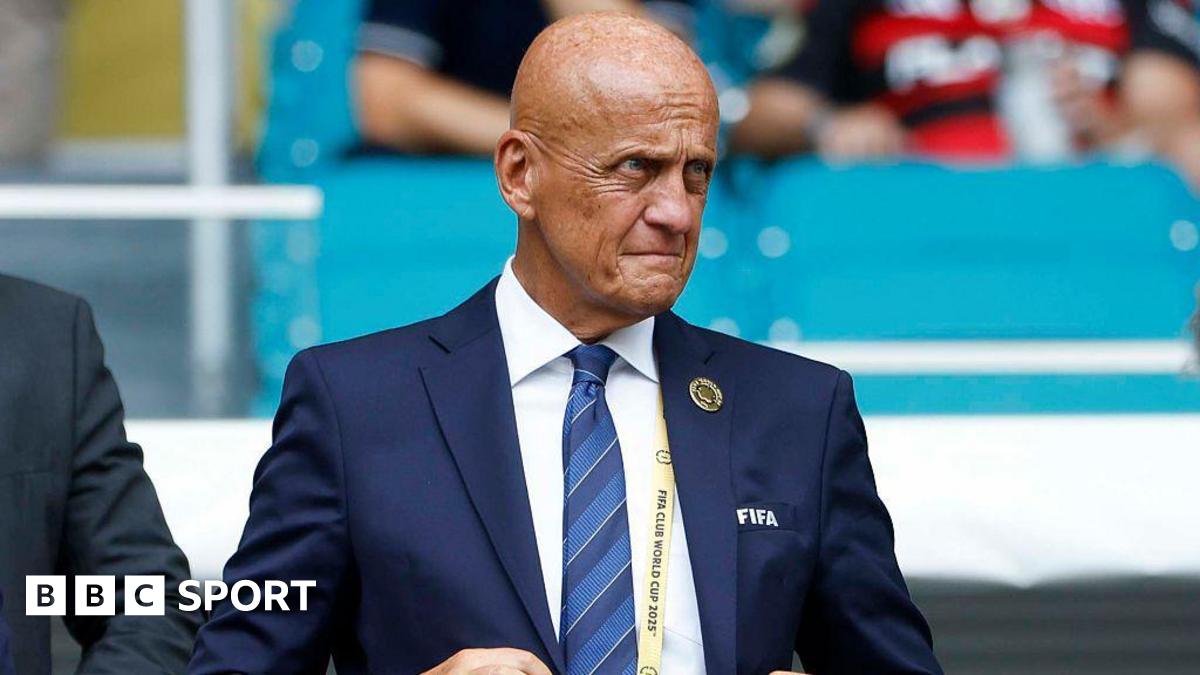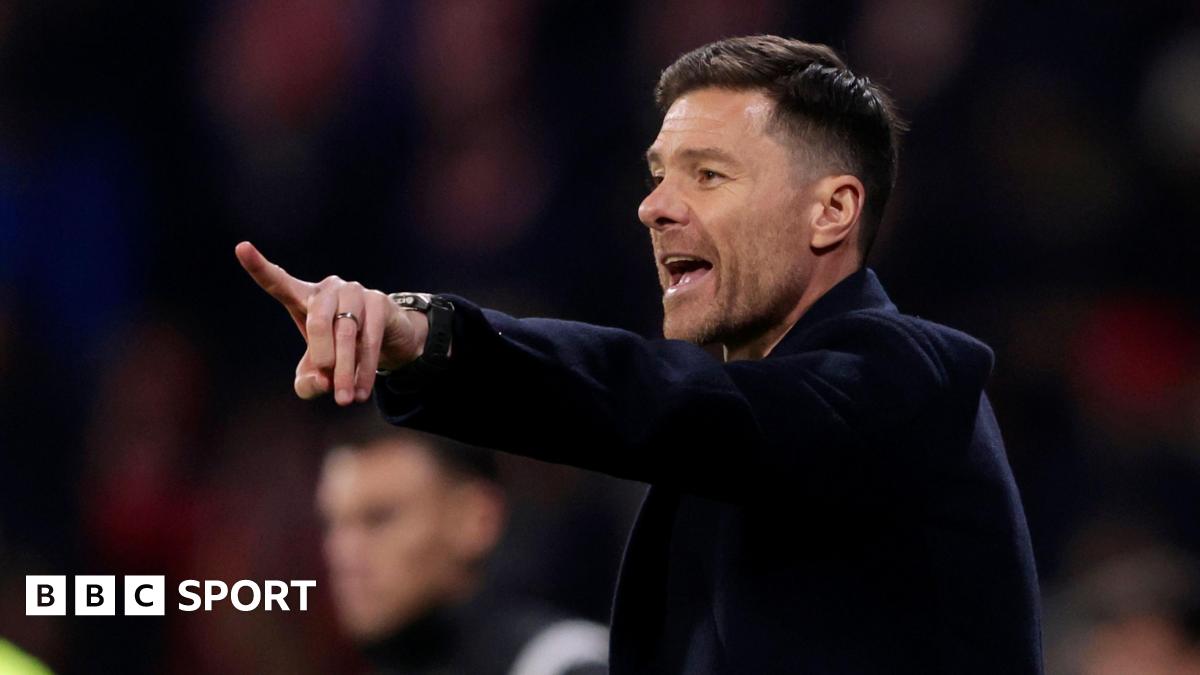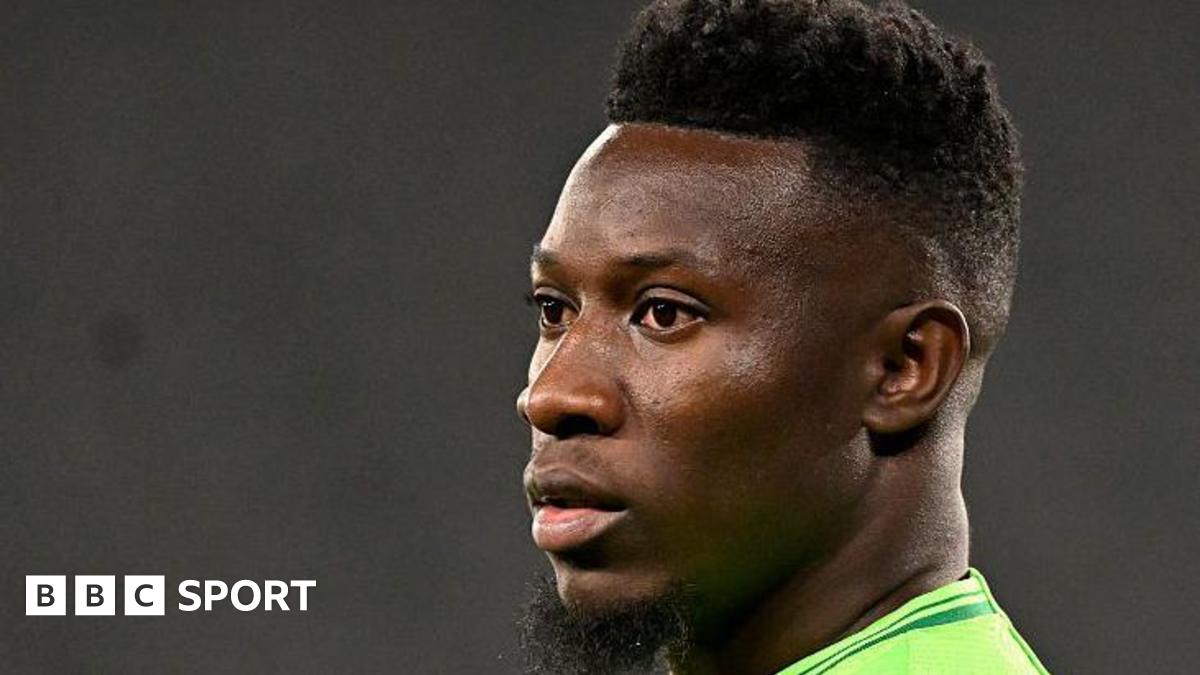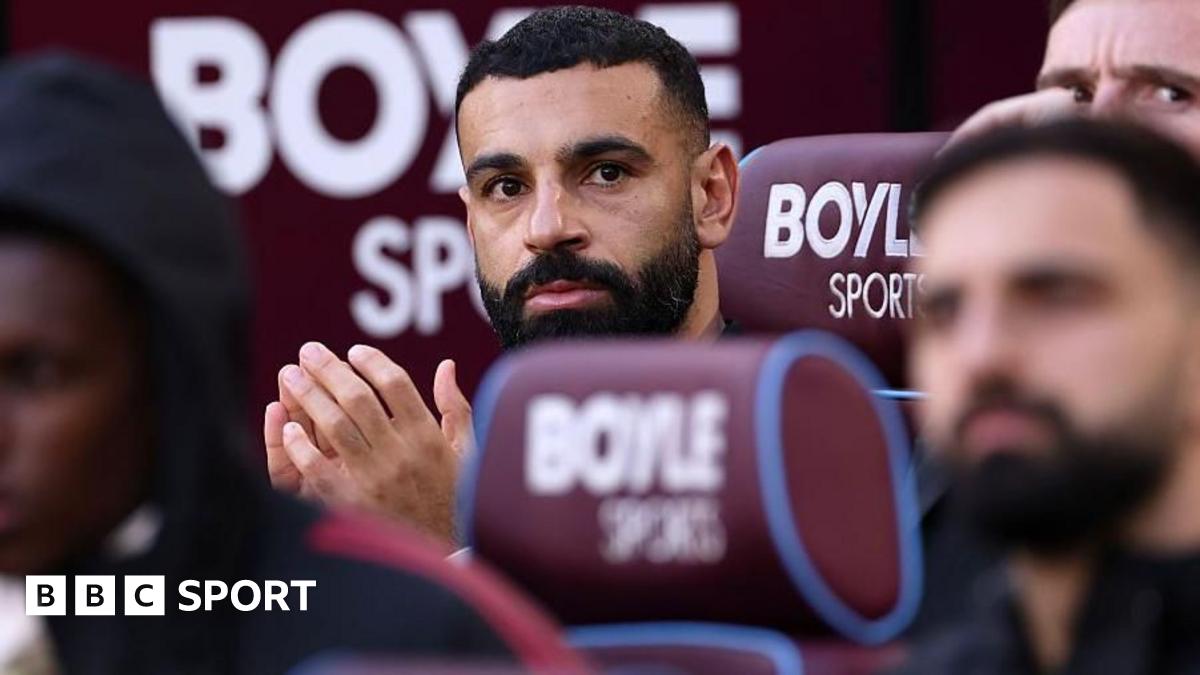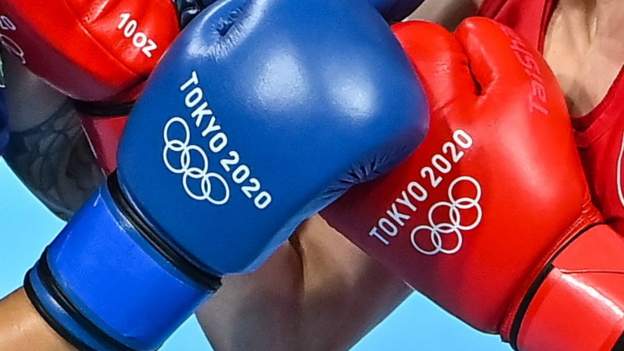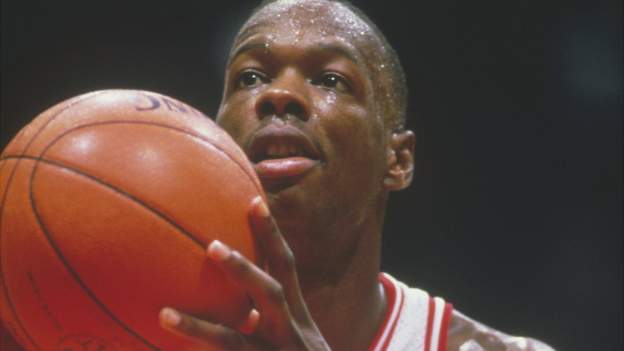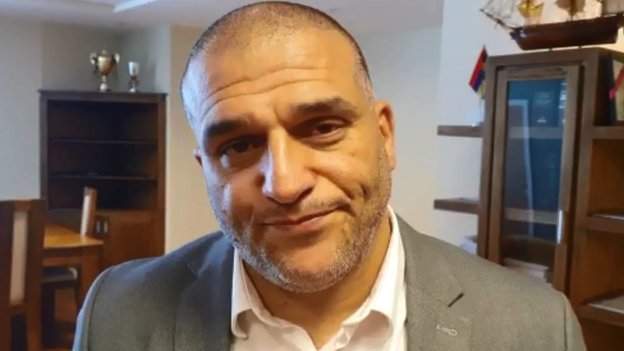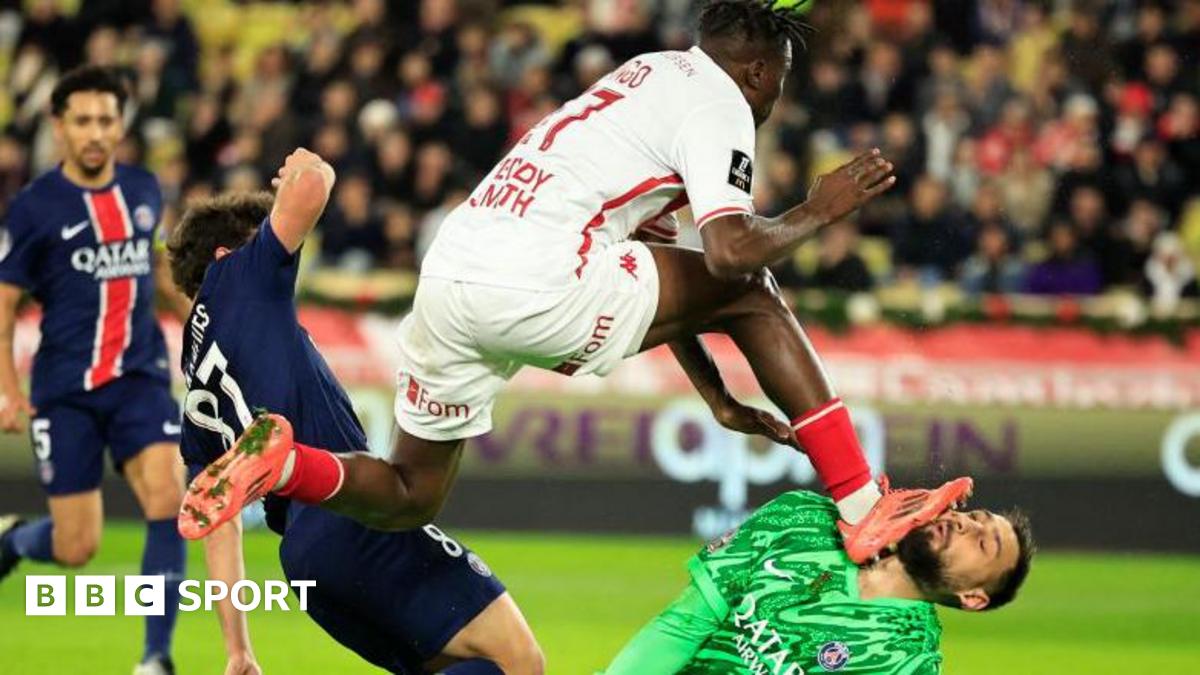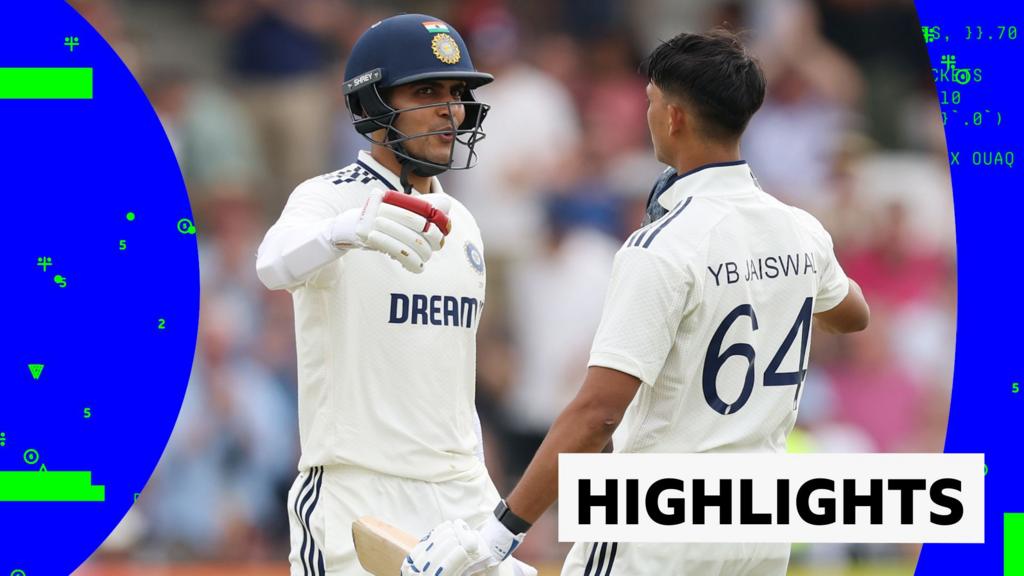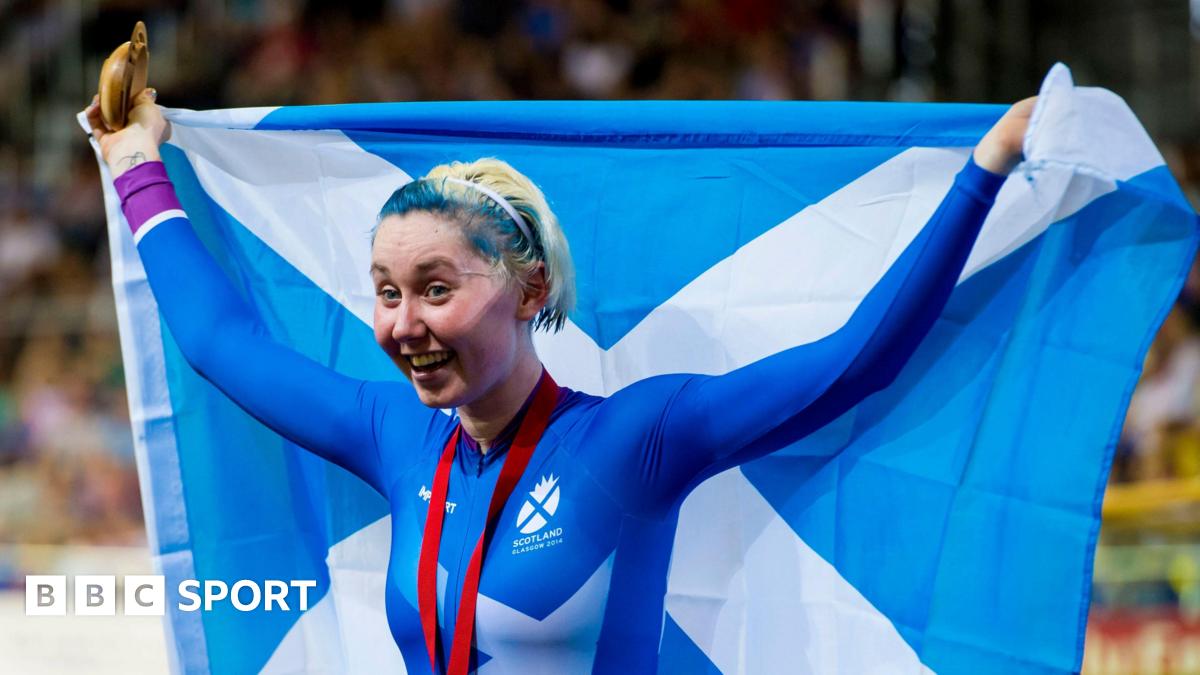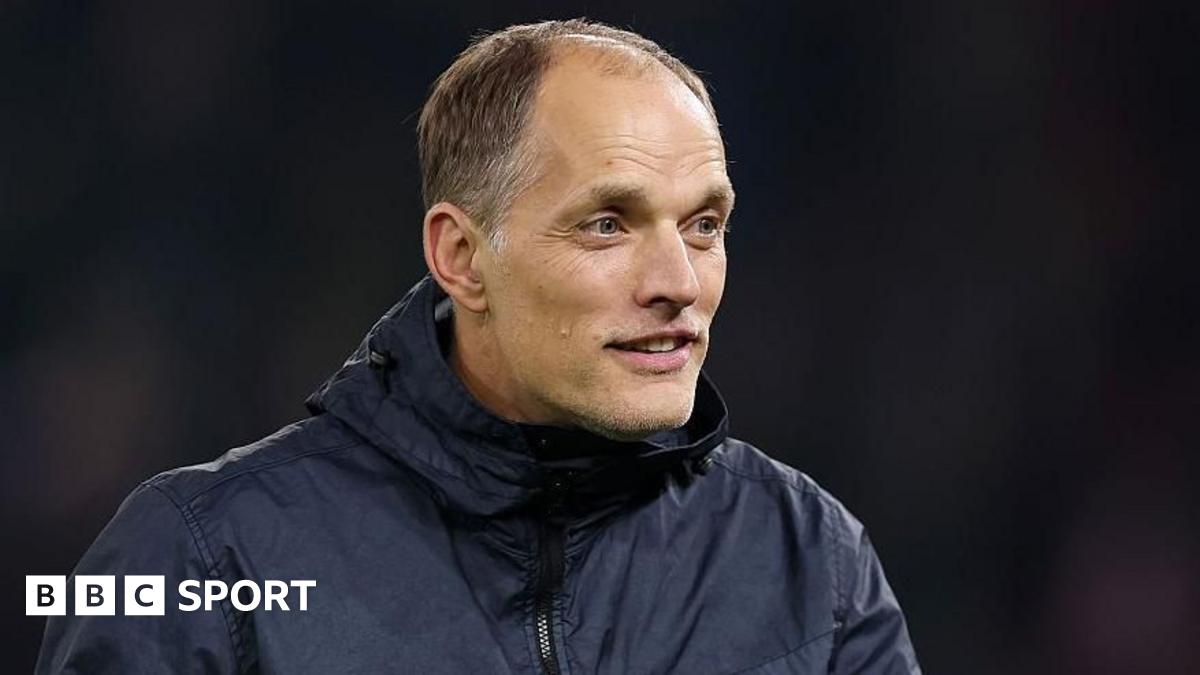The International Olympic Committee has voted to strip the International Boxing Association of its status as the sport’s world governing body.
The IOC’s executive board recommended the move earlier in June after the IBA failed to meet set reforms following its 2019 suspension over governance issues and alleged corruption.
Of 70 valid votes on Thursday, 69 voted in favour of the recommendation.
In April, World Boxing – a breakaway international federation – was formed.
Boxing at Tokyo 2020 was organised by the IOC amid concerns over the IBA’s finance, governance, ethics, refereeing and judging, and the Olympic body will be in charge again for Paris 2024.
The sport had been left off the initial programme for Los Angeles 2028 but, speaking during the IOC’s 140th session in which the vote was held, IOC director general Christophe de Kepper said he “guarantees” boxing will be on the programme in five years’ time.
The programme for those Games will be finalised by the IOC in October.
Before the vote, IOC president Thomas Bach said: “We do not have a problem with boxing. We do not have a problem with boxers.
“The boxers fully deserve to be governed by an international federation with integrity and transparency.”
The Court of Arbitration for Sport rejected an appeal by the IBA against the recommendation on Tuesday.
At the time of the executive board’s recommendation, the IBA said it was a “truly abhorrent and purely political” move.
In a statement, World Boxing said it “welcomed” the IOC’s announcement to strip the IBA of its status, adding that it was a “hugely significant moment for the sport”.
“World Boxing understands that being part of the Olympic Games is a privilege and not a right,” the statement added.
“It is committed to working constructively and collaboratively with the IOC and all other stakeholders to develop a pathway that will preserve boxing’s long-term place on the Olympic programme.”
What is the background?
In 2022, an independent investigation said boxing needed to take action on ethical issues to secure its Olympic future, having found a “historical culture of bout manipulation” – including at the 2016 Rio Olympic Games.
In his final report, Professor Richard McLaren detailed decades of financial mismanagement and deception, rule breaking in the ring, and inadequate training and education programmes for referees, judges and officials.
In October, the IBA – which counts Russian state-backed energy giant Gazprom among its chief sponsors – lifted its ban on Russian and Belarusian boxers.
Multiple nations including Great Britain boycotted the men’s and women’s World Championships held earlier this year after the IBA allowed Russian and Belarusian boxers to compete under their countries’ flags, contravening IOC guidance.
Russian Umar Kremlev, the IBA’s president, said those boycotting the championships were “worse than hyenas and jackals” because of their violation of the “integrity of sport and culture”.
Kremlev has been IBA president since 2020 and was re-elected unopposed in May 2022 after Dutch boxing federation president Boris van der Vorst was declared ineligible.
The Court of Arbitration for Sport ruled in June that Van der Vorst was wrongly prevented from standing but a proposal to stage a new election was rejected by IBA delegates.
The IOC said it was “extremely concerned” by the result, while Van der Vorst told BBC Sport he feared for the sport’s Olympic future.
World Boxing will seek IOC recognition – though this could take up to two years for a body created just three months ago.
Among five pledges it made, the new organisation said it will “keep boxing at the heart of the Olympic movement” and “ensure the interests of boxers are put first”.
It is led by an interim board made up of representatives from Great Britain, Germany, the Netherlands, New Zealand, the Philippines, Sweden and the United States.



